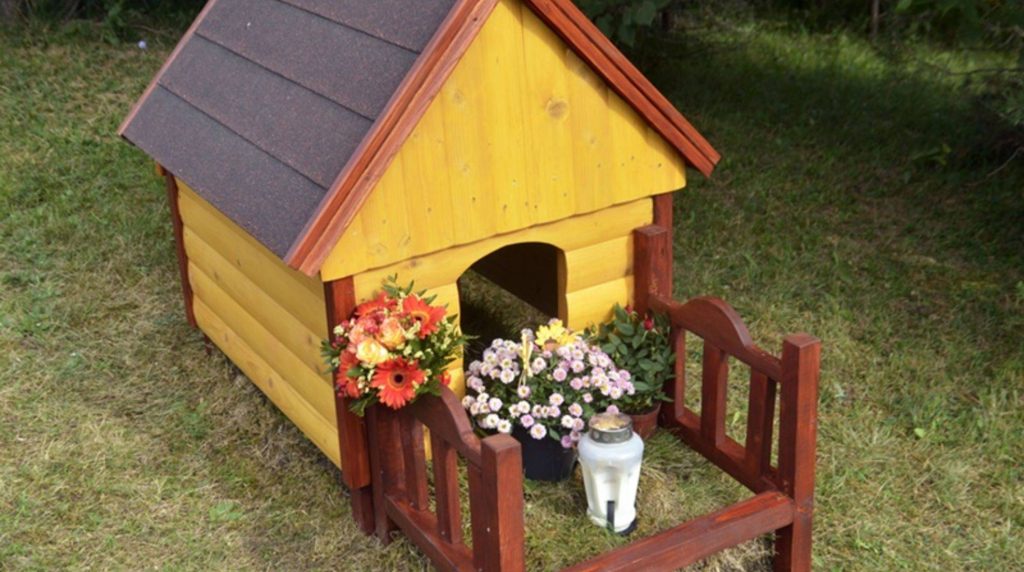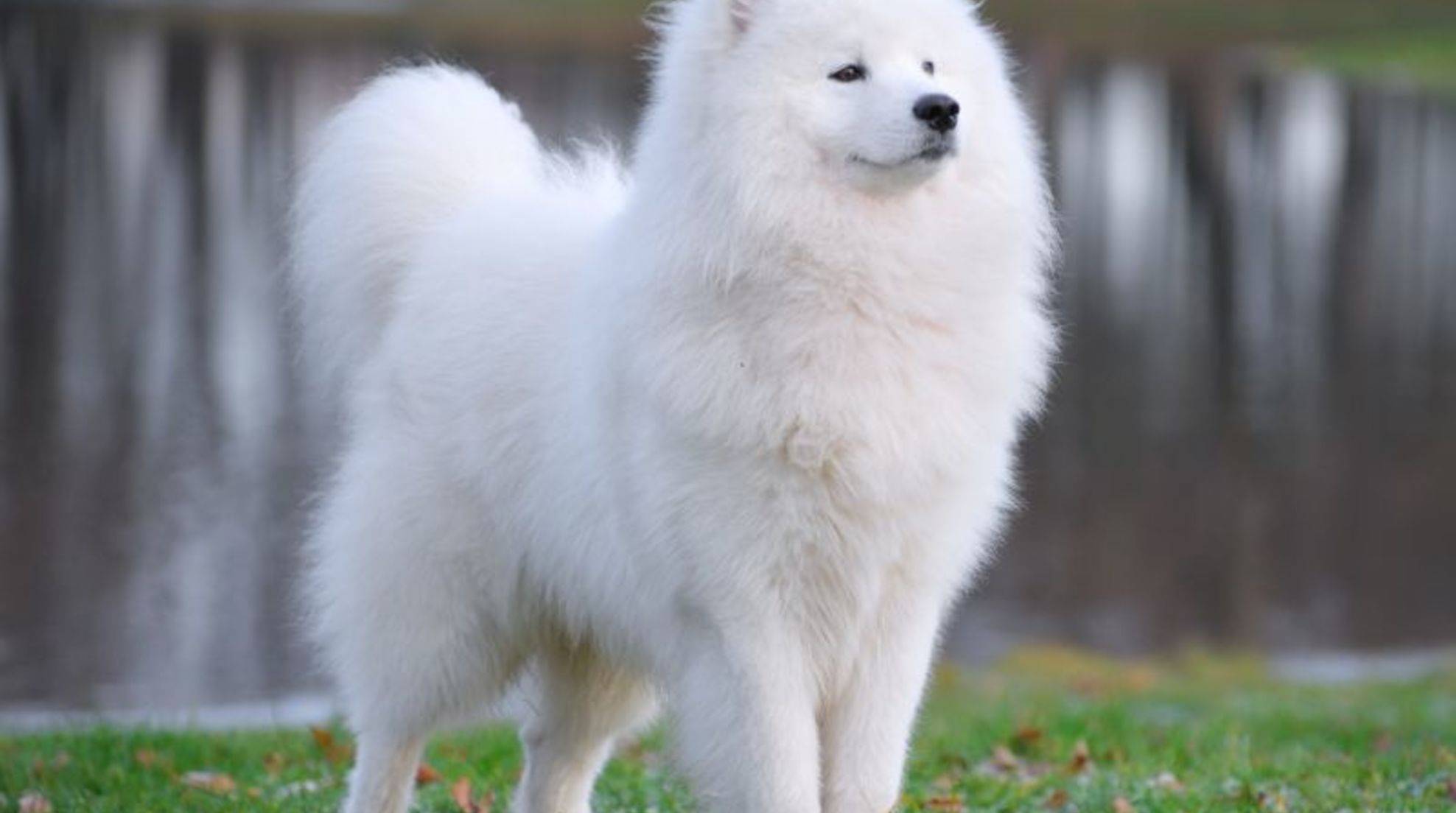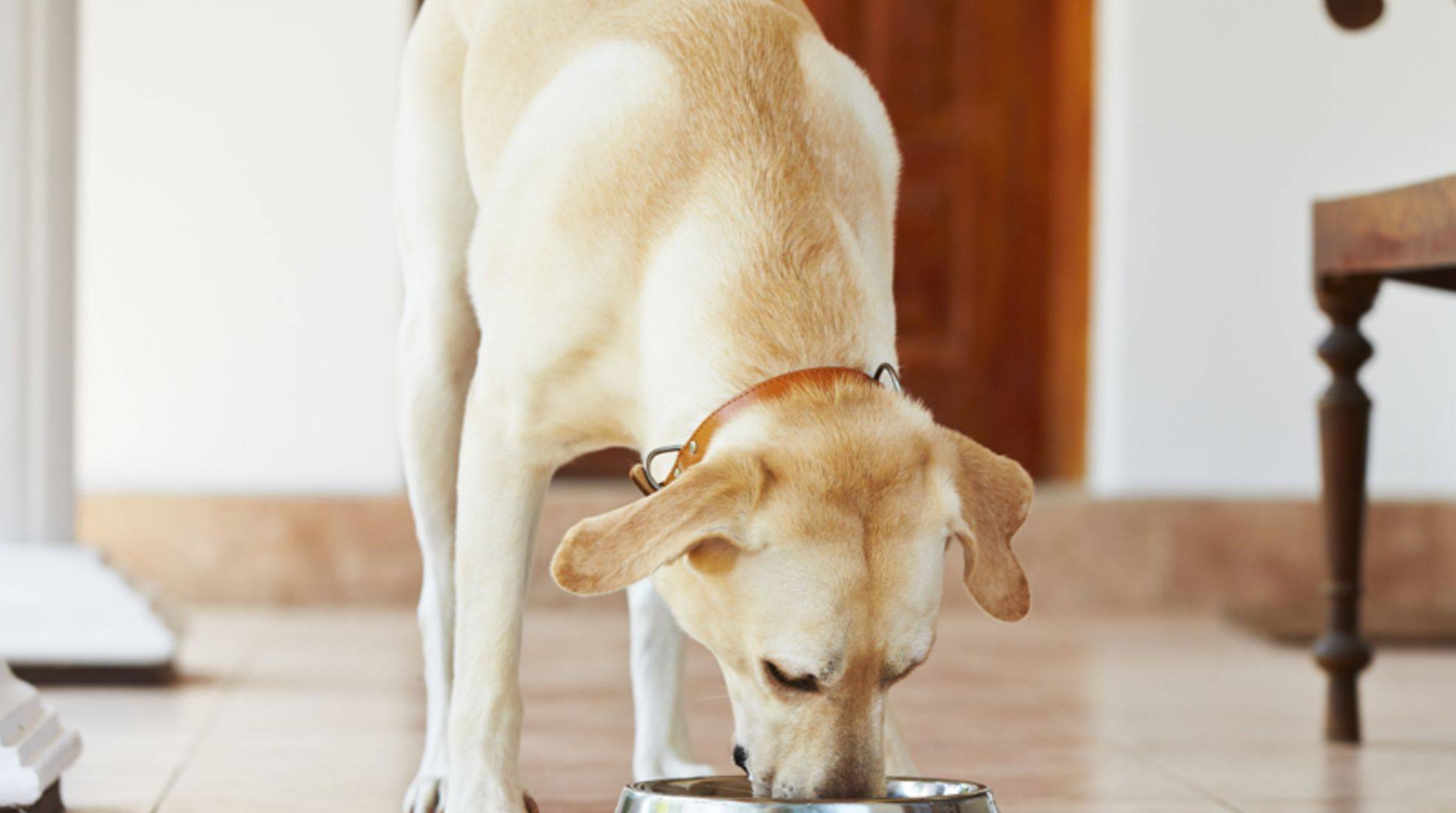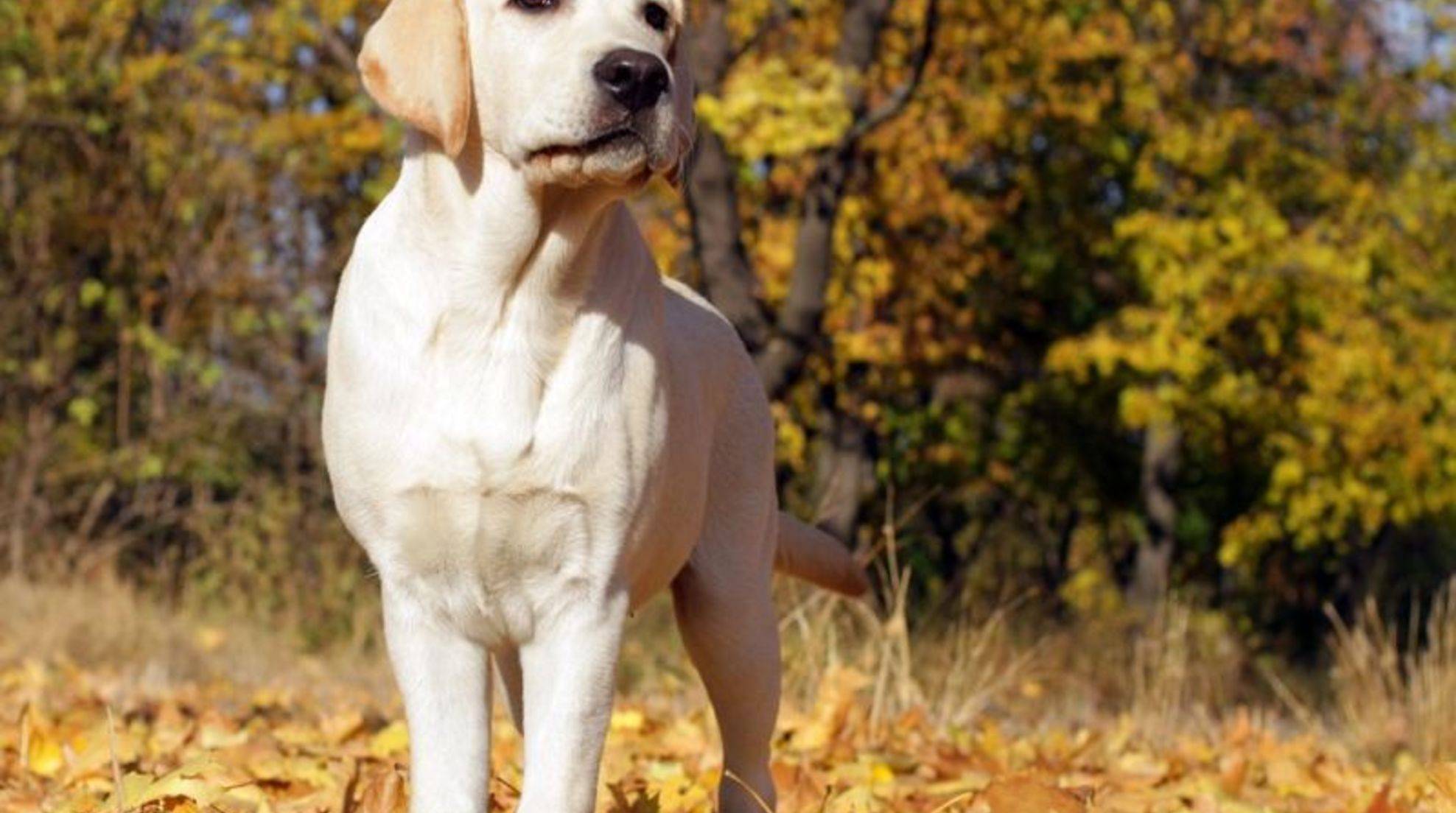The dog buried in the garden: Is that allowed?
Is it allowed to bury the deceased dog in the garden? Does law permit that, and what do neighbors and landlords say about it? When the beloved four-legged friend dies, pet owners ask themselves many such questions. Once the legal aspect has been clarified, you can say goodbye in dignity.
Theoretically, the rendering plant is responsible for the disposal of animal carcasses. But who would like to “dispose” of their four-legged friend, please? After all, most people wouldn’t stuff your dead grandmother in the household trash either. So when the time comes to go over the rainbow, the question arises as to how best to say goodbye and where Bello may find his final resting place. Especially in mourning, it is often challenging to deal with rules and laws. Therefore, read here what options are available, what is allowed, and what is not. Then you will be prepared in case of emergency.
Burying a dog in your garden: This is allowed.
Burying your faithful companion in the garden is personal and a dignified form of farewell. The legislator has thereby no fundamental objections to pet burials on private property. If you have your own house with a garden, you do not ask anyone for permission. In most cases, therefore, a farewell to your dog in his former sniffing territory is possible without any problems. Only in some exceptional cases are you not allowed to bury your dog in the garden – see below “Burying dog in the garden: This is forbidden.”
However, if you would like to bury your dead companion in your home garden, you must follow some guidelines: The grave should not be located directly on public paths. A distance of one to two meters is appropriate. If you don’t get along so well with your neighbors, you should also maintain this distance at the property line to save yourself exhausting discussions. In addition, the grave should be at least 50 centimeters deep. Otherwise, other animals may try to dig up the dead body.
As a tenant, bury the dog in the garden
If you live for rent and want to bury the dog in the garden, you should coordinate this with your landlord to avoid disputes. In an apartment building, you should also involve the other tenants. Most landlords find an urn burial in the garden unproblematic since the ashes decompose quickly in an appropriate organic container and become part of the soil. The extent to which you may erect a small burial site also depends on how landlords and fellow tenants feel about pet burial in the garden. For allotments, contact your allotment association with your request.
Burying a dog in the garden: This is prohibited.
Pet burials in public parks or wooded areas are generally prohibited.
Water protection regulations must also be observed: If your garden is located in an area for drinking water supply or in a nature reserve, burial is not allowed – regardless of whether you own the property or live there for rent. Violations of this prohibition can cost up to 50,000 euros.
Caution with the notifiable disease as a reason for death
If an animal has died from a notifiable disease, it must not be buried in the ground as a matter of principle. This precautionary measure is intended to prevent the pathogens from spreading further. It would help if you observed this prohibition; otherwise, more masters and mistresses may have to mourn the loss of their pets. Notifiable diseases include tuberculosis and toxoplasmosis, for example. A complete list can be found on the Federal Ministry of Food and Agriculture website.
Just for completeness, it is not allowed to dispose of a dead dog in the compost or garbage can. For small animals such as hamsters or budgies, the legislator allows this form of “burial,” but not for larger animals.
Plan the funeral in the garden in time.
Sometimes it happens spontaneously, but the end of the sniffing nose often announces itself. Think early enough about the place where you want to bed your old friend for his last journey. Nothing is worse than wandering around the property with a spade in your hand at the moment of greatest sorrow. If the farewell is inevitable and the vet’s appointment is fixed, get over yourself and prepare the grave already. Your dog will not mind.
If you bury the dog in the garden, it is best to wrap it in a sheet made of cotton and not in a plastic fiber or plastic film, which is very slow to decompose. A heavy slab or sizeable natural stone as a grave marker is beneficial and marks the spot. Since, naturally, the grave will sag after some time, it is better to pile a small mound of earth over it from the beginning. Then you can say a proper farewell to your four-legged friend without any incidents.
Alternatives to burial in the garden
Not everyone can or wants to bury their dog in the garden. Those who need a place of mourning are then well advised with a pet cemetery. If you have your pet cremated, you can take the urn home and keep it in a place of honor. In America, there is even a company that presses synthetic diamonds from the deceased’s ashes.
Still, other people do not want to part with them and have their loved ones prepared. You are sure to find the option you feel most comfortable with. If you can’t take care of an eternal resting place at all, it is also possible to leave your dog with a veterinarian after the end of his life, who will then take care of everything else. Your pet’s final journey will lead to the appropriate animal carcass disposal service.







